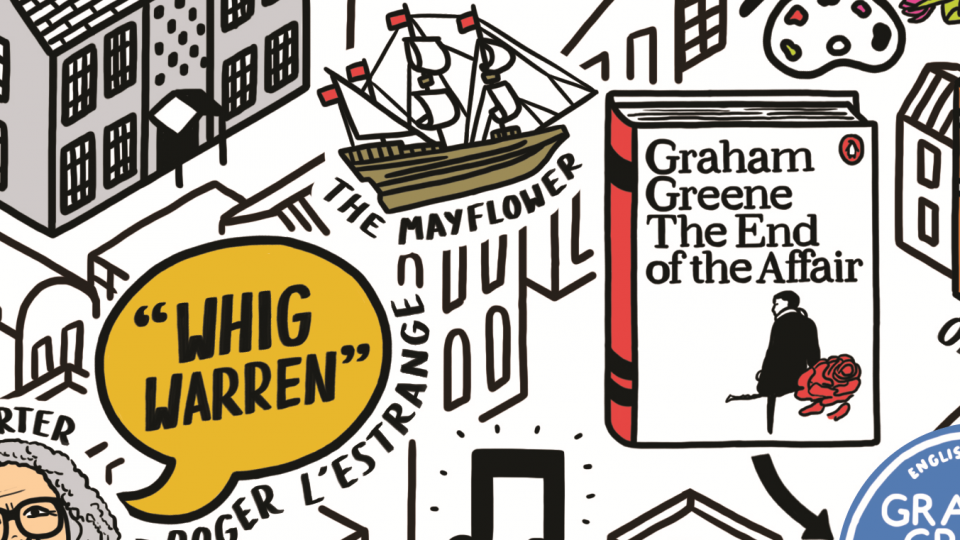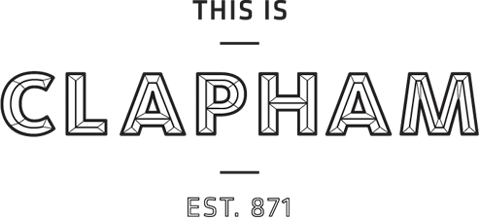Who Are We?
This is Clapham is the Business Improvement District (BID) for Clapham which is a not-for-profit Company, spanning an area in Clapham High Street and Old Town, funded by a mandatory levy charged to local businesses. This is reinvested in the area through a range of activities we deliver to enhance Clapham as a place to do business, from environmental improvements to marketing and lobbying activity. The BID also seeks to act as a voice for local businesses, representing them on issues that affect them.
This is Clapham BID is committed to respecting our customers’ privacy and protecting their personal information from misuse or authorised disclosure and complying with privacy laws. This is Clapham BID values its reputation and aims to maintain high ethical standards in the conduct of our business affairs.
This Privacy Policy relates to our use of any personal information we collect from you via the following online services:
– Our website: http://thisisclapham.co.uk/ including subscription to our newsletter
– Our social media accounts: https://twitter.com/thisisclapham
– Email you may send to us:
info@thisisclapham.co.uk
WHAT INFORMATION DO WE COLLECT?
When filling in our online contact form, as appropriate, you may be asked to enter your name, company and e-mail address.
We will not collect any information about you without your explicit consent.
We will ask your consent every time we need to collect personal information about you.
We will explain in clear simple terms why we want to collect your information and what we will do with it, before seeking your consent, so you are fully informed. You will be given a clear and unambiguous option to opt-in to any communications or services we might want to offer you.
All data is collected directly from you, the individual. We do not collect any of your personal data from any other sources. This included any publicly accessible list and or data sources, whether in the public domain or if we have a legitimate interest to be able to access those sources legally.
WHAT DO WE USE YOUR INFORMATION FOR?
Any of the information we collect from you may be used in one of the following ways:
– To send periodic emails, news and updates on our activity and relevant events.
– We also use it for business, regulatory and legal purposes, like:
Dealing with any requests you make or content you submit
Getting in touch if we need to tell you about something, like a change to our policies or issues with a service.
Any and all data in respect of – ‘What do information do we collect?’ is not subject to any automated decision making.
We do not profile you using your data, any actions taken by us or our systems are as a direct result of explicit requests or consents you have chosen.
There are no foreseeable consequences of any significance in respect of providing the data or being removed from the records, except that we will not be able to contact you.
HOW DO WE PROTECT YOUR INFORMATION?
We implement a variety of security measures to maintain the safety of your personal information when you enter, submit, or access your personal information.
DO WE USE COOKIES?
Yes (Cookies are small files that a site or its service provider transfers to your computer’s hard drive through your Web browser (if you allow) that enables the sites or service providers systems to recognize your browser and capture and remember certain information)
We use cookies to track your progress through the site and to understand and save your preferences for future visits.
DO WE DISCLOSE ANY INFORMATION TO OUTSIDE PARTIES?
We do not sell, trade, or otherwise transfer to outside parties your personally identifiable information. This does not include trusted third parties who assist us in operating our website, conducting our business, or servicing you, so long as those parties agree to keep this information confidential. We may also release your information when we believe release is appropriate to comply with the law, enforce our site policies, or protect ours or others rights, property, or safety. However, non-personally identifiable visitor information may be provided to other parties for marketing, advertising, or other uses.
THIRD PARTY LINKS
Occasionally, at our discretion, we may include or offer third party products or services on our website. These third-party sites have separate and independent privacy policies. We, therefore, have no responsibility or liability for the content and activities of these linked sites. Nonetheless, we seek to protect the integrity of our site and welcome any feedback about these sites.
SECURITY
We will take all steps reasonably necessary to ensure that your data is treated securely and in accordance with this Privacy Policy and under
GDPR provisions. All data provided by you will be stored and classified on our secure servers. Sometimes we ask you to provide sensitive information, for example when you book for certain events or participate in some activities, or when you apply for a job. As with all the personal information we hold, sensitive information is held securely and restricted to those who need to use it. We will delete sensitive information when we no longer need it.
Where we have given you (or where you have chosen) a password or user name which enables you to access certain parts of the website, you are responsible for keeping this password or user name confidential. You are not allowed to share a password or user name with anyone.
Unfortunately, the transmission of the information via the internet is not completely secure. Although we will do our best to protect your personal data, we cannot guarantee the security of your data transmitted to the website; any transmission it is at your own risk. Once we have received your information, we will use suitable physical, electronic and managerial procedures and security features to safeguard the information we collect from you online or directly; and try to prevent any unauthorized access. In case of any data breach of personal data, this will be reported immediately to the
ICO to mitigate the effects of the breach.
HOW LONG DO WE KEEP YOUR DATA?
We will keep your personal information as long as the duration of your relationship with the business or company you are related with. We will keep information relating to member companies as long as the company remains within the area. If the company leaves the area we may keep some information that we hold as long as we consider necessary based on any laws applicable.
Any information you provide to us is kept in our active file for 6 months
– After 6 months it is moved to a dormant state
– After 12 months it is deleted from our systems
We use Active records for some or all of the activities detailed in the section above – ‘What do we use your information for?’
If we have recorded no positive activity from you after 6 months your record will become dormant
If there is no positive activity from you within 12 months we will delete your records
Positive activity means that you open, read, interact with either the website or through any of the communication methods we use to contact you.
It is our responsibility to be able to demonstrate this positive activity and if we cannot then your details will become dormant and eventually be deleted.
We may from time to time request that you create an affirmative action vie email or our website to keep your record active, if we are unable to determine it automatically.
YOUR RIGHTS AS AN INDIVIDUAL IN RESPECT OF THE DATA WE HOLD
We respect the rights and freedoms of individuals and as such we would like to make you aware of the following.
You have the right to:
– Request access to your data
– Request rectification of your data where there are errors or inaccuracies or the data is not current
– Request that the data we hold is removed entirely from our systems
– Request us to restrict processing of your data
– Object to our processing of your data
– Request your data in a format that is commonly used/accepted
– Send your data to another controller
– Withdraw consent already provided – at any time
You also have the right to complain to this organisation.
To exercise your rights above please contact the Data Controller or Company representative via any of the channels provided:
info@thisisclapham.co.uk
0207 622 5905
You also have the right to lodge a complaint with a supervisory authority. In this instance the ICO and their contact details are as follows:
https://ico.org.uk/concerns/handling – or call the ICO on 0303 123 1113.
YOUR CONSENT
By using our site, you consent to our websites privacy policy.
CHANGES TO OUR PRIVACY POLICY
If we decide to change our privacy policy, we will post those changes on this page.

